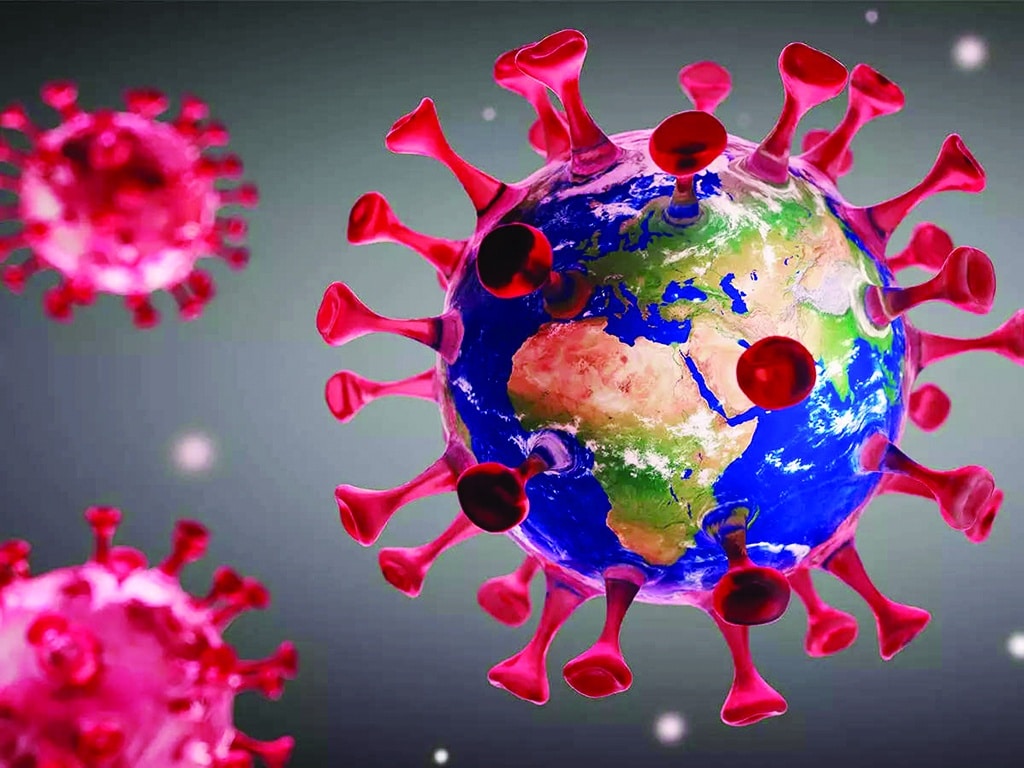KUWAIT: Kuwait participated in an international scientific research study which concluded that lying on the abdomen in intensive care units for COVID-19 patients - one of the components of the treatment protocol - is not positive for reducing the need for ventilators or minimizing death chances, the Ministry of Health announced.
Head of the Department of Anesthesia and ICU at Al-Amiri Hospital Dr Abdulrahman Al-Fares said Tuesday that the study, titled "Effect of Awake Prone Positioning on Endotracheal Intubation in Patients with COVID-19 and Acute Respiratory Failure," was carried out in cooperation with international research centers from America, Canada, Saudi Arabia and Kuwait.
A team from the ICU at Al-Amiri Hospital and Jaber Al-Ahmad Hospital participated in this study on intensive care patients, examining extent to which they benefit from lying on the abdomen or back and avoid the need for ventilators due to acute lung failure caused by COVID-19, he pointed out. The study, conducted on 400 patients including 49 from Kuwait, was published on Monday in an international scientific journal, he mentioned.
The randomized clinical study divided the patients into two groups, half of them lay on the abdomen for certain hours, and the other half completed the treatment lying on their back, and the results were not positive for alleviating need for ventilators, he said. Importance of the study lies in updating the treatment protocols used globally for the care of patients with acute lung failure, he explained.
With the beginning of the increase in cases of coronavirus infections globally, many patients with pulmonary failure were lying on their stomachs in the ICU departments, called the prone position, as it was believed that it would help patients by increasing the amount of oxygen they inhaled, he added. Resorting to this method has increased in treating people infected with COVID-19, whose cases require ICU to help the lungs expand and inhale a sufficient amount of air, but the results of the study have proven that it is not beneficial, he pointed out. Dr Sarah Buabbas and Fares participated in the study, with support from medical and nursing teams in the ICUs of both hospitals. - KUNA











